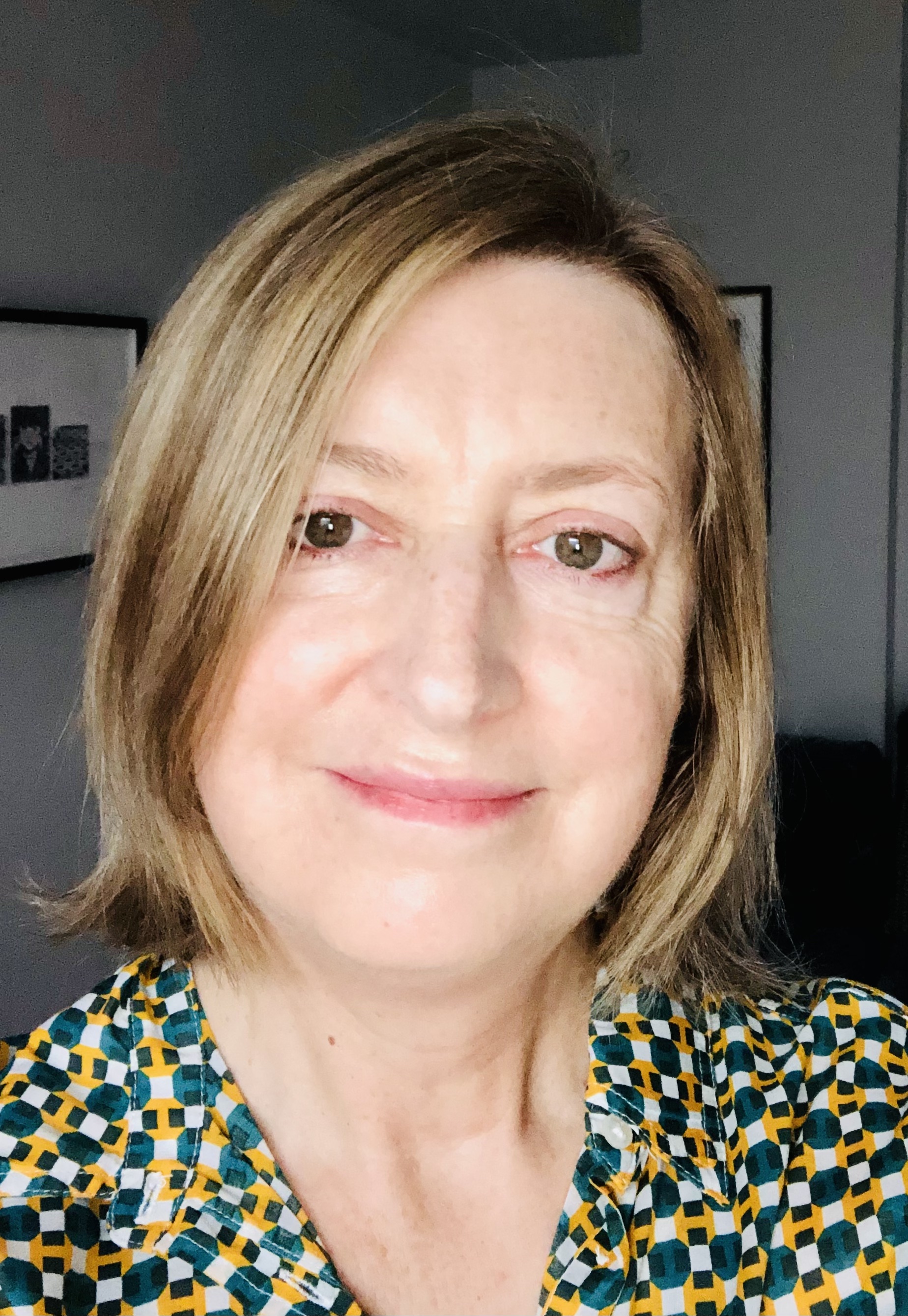Psychotherapist in Hackney
Psychotherapy offers a unique opportunity to think about your life along with someone else, and to notice the situations and difficulties that seem to keep recurring. It allows you to explore not only the things that cause you to suffer but also those that bring you pleasure.
Whether you call it psychoanalysis, counselling or therapy, you may find that speaking about your experiences to someone who listens carefully and without judgment will affect your life in unexpected ways.
First consultation
If this interests you, please get in touch to arrange an initial consultation over Skype or at my psychotherapy practice in Dalston, E8.
If you decide to go ahead we will schedule regular sessions at least once a week, lasting for up to 50 minutes. Online sessions last up to 45 minutes. The process is open ended; you may decide to come for a few months to talk about a particular problem or you may want to continue for longer. Often people find that they get the most out of long-term work with a therapist, taking time to explore how their present situation is influenced by their earliest experiences.
Psychoanalytic psychotherapy
As a psychoanalytic psychotherapist, my work draws on classical analytic and philosophical ideas as well as more contemporary social and political thought. I am a full clinical member of UKCP and the Site for Contemporary Psychoanalysis, and have experience as a psychotherapist in the NHS and in private practice in north east London.
I have experience working with a range of situations, including depression, anxiety, eating disorders, long-term illness, grief, relationship diffculties, sexual problems, compulsions, trauma, despair and other difficulties of living,
I would like psychoanalysis and psychotherapy to be widely available and have a limited number of reduced-cost sessions for people on benefits and those with low wages. Low-cost therapy is also on offer at the Site Clinic for Contemporary Psychoanalysis.
Couple therapy
I also work with pairs (whether couples, friends or relatives) seeking help with their ways of relating. Talking about your experiences of each other in a psychotherapy setting can be a really powerful way of finding a new intimacy and understanding. Please get in touch if you think couple counselling could help.
Psychoanalysis in east London
My Dalston practice is between Hackney Downs, Dalston Kingsland and Hackney Central in E8, and is easily accessible from Hackney, Stoke Newington, Islington, Clapton, London Fields, Homerton and the rest of north east London. It is well served by the London Overground and local bus services along Kingsland Road, Amhurst Road and Dalston Lane.
Online sessions
I can offer online sessions over Zoom if you are not able to come to my consulting room in Hackney. Online sessions tend to last up to 45 minutes.
Psychoanalysis in the media
• Come for the oedipus complex, stay for the troubled musing on humanity, concludes The New Yorker in an article on whether Freud still has anything to teach us
• Reports of the death of psychoanalysis are greatly exaggerated, according to an article in The Conversation
• He's back: what do we make of the return of Sigmund Freud? Hannah Levin considers the resurgence of interest in psychoanalysis
• The New Yorker looks back at Judith Rossner’s 1983 novel August, named after the month therapists go on holiday
• A comprehensive review of decades of research concludes that depression is not caused by a biochemical imbalance
• Psychotherapist Adam Phillips discusses Freud, Kafka and the fear of missing out in the LRB
• A food journalist writes about how therapy helped her rethink her problems with bulimia
• Psychotherapist Susie Orbach and academic Frederick Crews discuss Freud's legacy in the Observer
• The top 10 books about psychoanalysis, according to an article in the Guardian
• Interesting discussion about mothers, misogyny and psychoanalysis in this book review by Adam Phillips
• Research casts doubt on the effectiveness of CBT while showing dramatic results for psychoanalysis, according to an article in the Guardian headlined Therapy wars - the revenge of Freud
